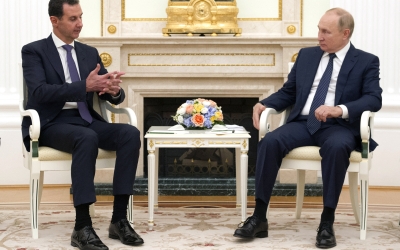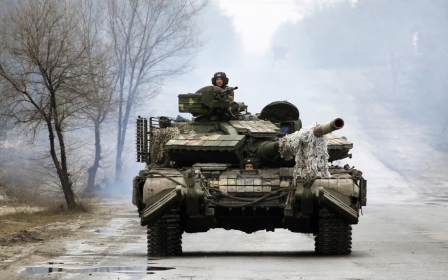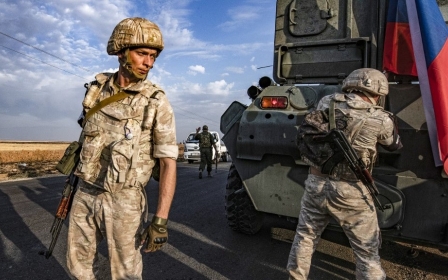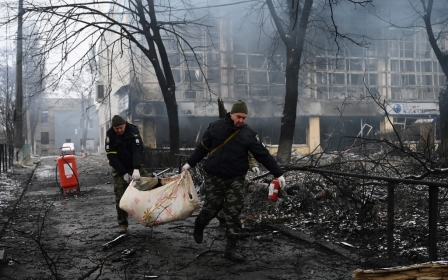Russia-Ukraine war: Syrian MP claims Assad told Putin to invade Ukraine
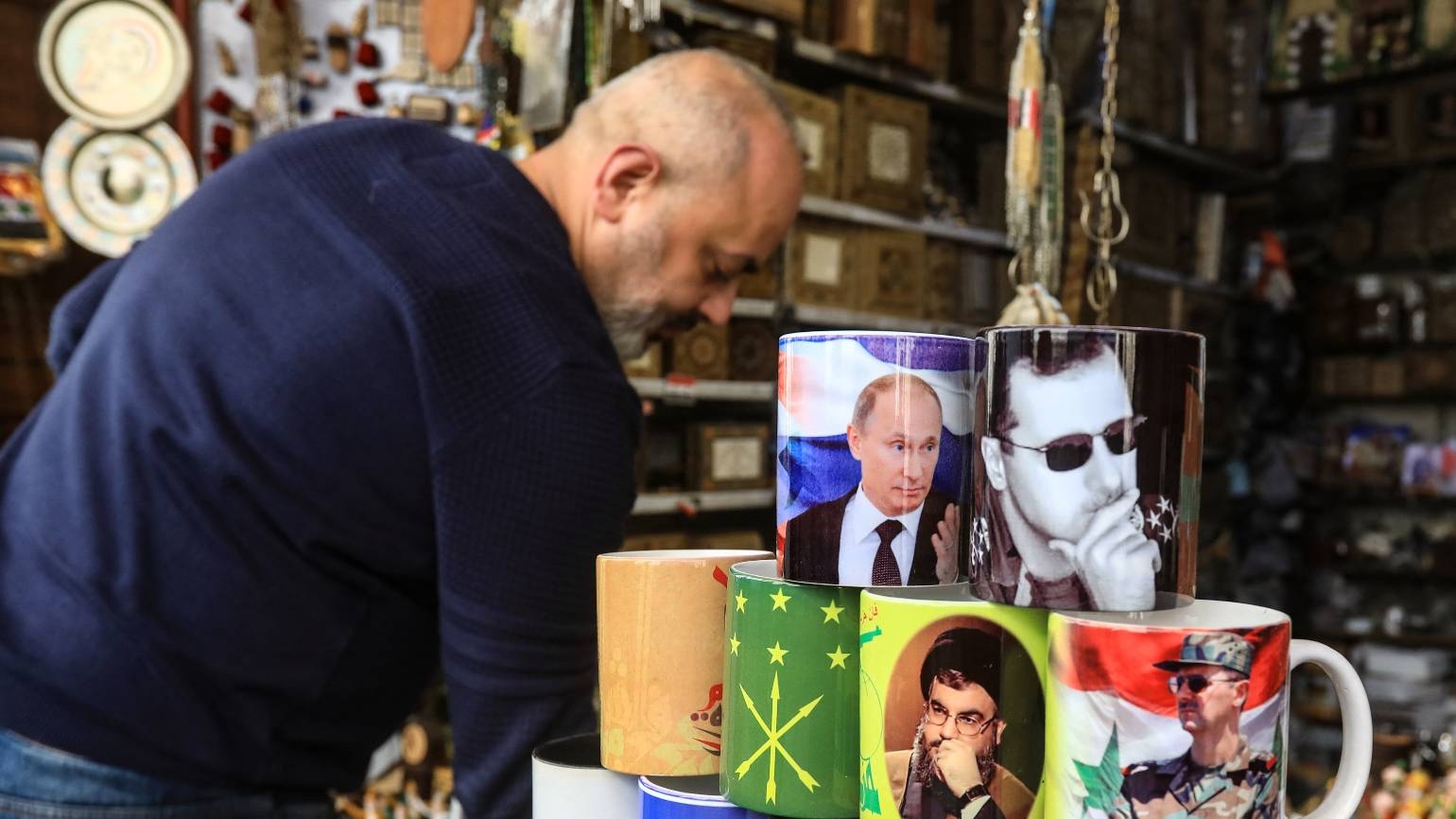
A Syrian lawmaker claimed that Russia's President Vladimir Putin "consulted" President Bashar al-Assad before invading Ukraine on 24 February.
During a TV interview last week, Khaled Abboud, a Syrian MP known for his controversial remarks, said that Russia's Defence Minister Sergei Shoigu told Assad about plans to invade Ukraine during a visit last month.
Abboud said that Putin had sent Shoigu to Damascus not "for tourism," but to inform Assad about the planned military operation against Kyiv, and to consult him.
"He told [Assad], it'll be 1, 2, 3, and [Assad] told him: depend on and trust God, go for it," Abboud said, adding that he understood Shoigu's visit as Putin conferring with Assad.
"This is how I see it - if someone wants to correct me, let them correct me," he added.
In the past, Abboud has made several controversial statements regarding the Syrian conflict. In 2020, he threatened to launch a war against Moscow's forces stationed in Syria following reports in Russian media describing Assad as "weak".
"If Assad wanted it, Putin would have been finished, and not just in Syria but in the region and the world, and the name 'Putin' would have been erased from Russian history forever," he wrote in a zealous tone on Facebook in May 2020.
Shoigu reportedly visited Syria in mid-February to inspect Hmeimem, a Russian airbase near the coastal city of Latakia. In 2015, Russia's intervention in the Syrian civil war, along with Iranian forces and Lebanese fighters from the Hezbollah movement, was vital for Assad to remain in power and regain territories lost to rebels, militants and foreign fighters.
Last month, Assad praised Putin during a phone call, calling the invasion of Ukraine a "correction of history and a restoration of balance in the global order after the fall of the Soviet Union."
In February, a report by Human Rights Watch (HRW) found that Russia has used the same type of banned cluster munitions in Ukraine that it used in Syria's Idlib two years ago. The munitions are banned under the 2008 international treaty, which neither Russia nor Ukraine have signed.
HRW chief Kenneth Roth cautioned in February that Russia's "war crimes strategy" in Syria could be repeated in Ukraine, following Moscow's recognition of two self-proclaimed republics, Luhansk and Donetsk.
Middle East Eye delivers independent and unrivalled coverage and analysis of the Middle East, North Africa and beyond. To learn more about republishing this content and the associated fees, please fill out this form. More about MEE can be found here.


